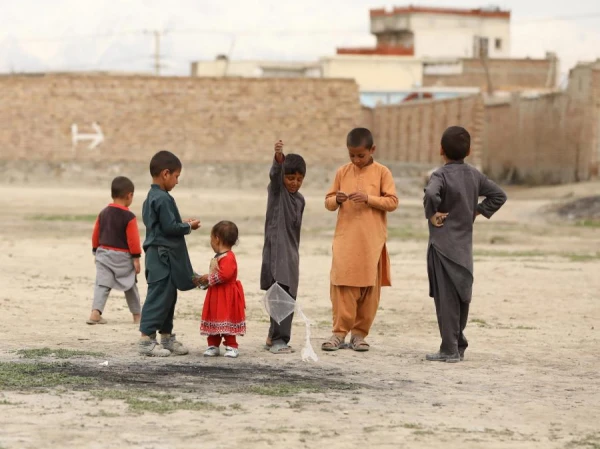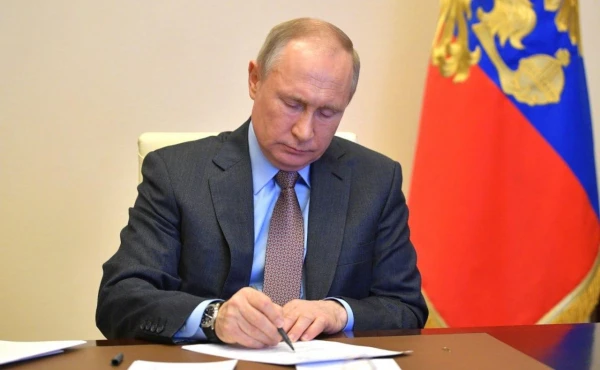
Twenty countries are demanding that the European Commission begin returning Afghans living illegally in Europe, either voluntarily or forcibly. This includes negotiating with the Taliban.
In a letter addressed to Magnus Brunner, the Commissioner for Home Affairs and Migration, 19 EU countries and Norway have joined forces to pressure the European Commission to find ways to return Afghan citizens living illegally in Europe, either voluntarily or forcibly. This was reported on Saturday by Belgian Minister for Asylum and Migration Annelies Verlinden.
Many EU countries argue that the inability to deport Afghans, even those convicted of crimes, due to the lack of a formal readmission agreement with Afghanistan since the Taliban took power in 2021 poses a security threat to EU countries and "undermines public trust in asylum policy."
The initiative, led by Annelies Verlinden, has been supported by 18 other EU countries: Austria, Belgium, Bulgaria, Cyprus, the Czech Republic, Estonia, Finland, Germany, Greece, Hungary, Ireland, Italy, Lithuania, Luxembourg, Malta, the Netherlands, Poland, Slovakia, and Sweden, as well as Norway, which is not part of the European Community.
They demand that the European Commission prioritize the issue of returning Afghans on its agenda, including negotiations with the Taliban regime to agree on a return policy.
Verlinden proposed to strengthen the role of the EU border agency Frontex in organizing and supporting voluntary returns through the EU reintegration program. Meanwhile, for forced returns, the letter suggests prioritizing those deemed dangerous or who have committed crimes.
Since the Taliban took power in Afghanistan in 2021, the only country to recognize them as the legitimate government has been Russia. However, Germany, led by the conservative government of Friedrich Merz, was close to concluding an agreement with the Taliban for the repatriation of Afghans, who make up the second-largest group of asylum seekers in the country, and in July, Merz's government even carried out the deportation of 81 Afghans.
However, Germany's actions have previously been criticized by the UN, as Afghanistan is still under a "non-refoulement recommendation," according to UN Refugee Agency representative Ravina Shamdasani.
Meanwhile, another official from the UN Human Rights Office (OHCHR), Arafat Jamal, stated: "We continue to document human rights violations in Afghanistan."











